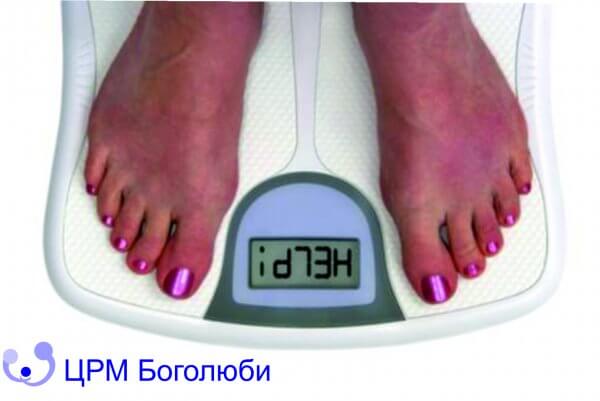During menopause, a woman is prone to weight gain, and losing it is not so easy. Many ladies may believe that the problem is not directly related to hormonal bursts and a slowdown in metabolism, and the reason is in an extremely difficult psychological state, which often (but not always) accompanies this female life stage.
Climax and dramatic weight loss
A woman should understand that reducing excess weight and maintaining normal is not the same thing. To maintain the available weight during menopause, it is necessary to follow some basic principles: increase physical activity, properly distribute meals, the correct frequency of food intake. Weight loss is more likely associated with a significantly enhanced program of physical activity.
Maintaining normal weight is a laudable and completely harmless matter, but weight loss during menopause includes certain risks that must be taken into account. Nutritional restrictions can significantly affect the emotional stability of women. A number of etiological reasons for weight gain include: menopausal syndrome and related physical symptoms, perception of being «unnecessary», lowered self-esteem, decreased libido, depression, anxiety. Obviously, all this means (in most cases) an increase in hunger.
Climax and osteoporosis
As many readers already know, menopause puts a woman at risk of bone demineralization (osteoporosis),and to prevent this, a woman should increase the proportion of calcium in her diet. At the same time, we remember that in old age, an increase in moderate fat thickness protects bones from fractures. This means that in the absence of risk factors or significant metabolic complications, losing weight during menopause is NOT always useful. A woman should consider all risk factors during this life period. It will not be superfluous to recall the popular wisdom that a skinny cow is not yet a gazelle.
A woman during menopause can be advised to increase the time devoted personally to herself - sign up for a club or a fitness club. The correction scheme of eating behavior, in fact, is not always necessary to lose weight. The intervention of a low-calorie diet makes sense only in the inevitable case.
Make a rule: eat in five meals (three main and two snacks) and «normalize» portions of pasta, bread, fatty, meat and sweet foods. Prefer non-hydrogenated vegetable fats. Include vitamin D-rich fish foods in your diet. Increase sun exposure year-round, especially in late spring, summer, and early fall (to facilitate endogenous synthesis of vitamin D). Consume fermented milk products daily. At least 2-3 times a week on your table should be cottage cheese or low-fat varieties of cheese. Fresh vegetables and fruits should be present in the daily diet.
If necessary, a woman should undergo hormone replacement therapy: this is important in cases where there are severe menopausal symptoms, or a high risk of osteoporosis.
















